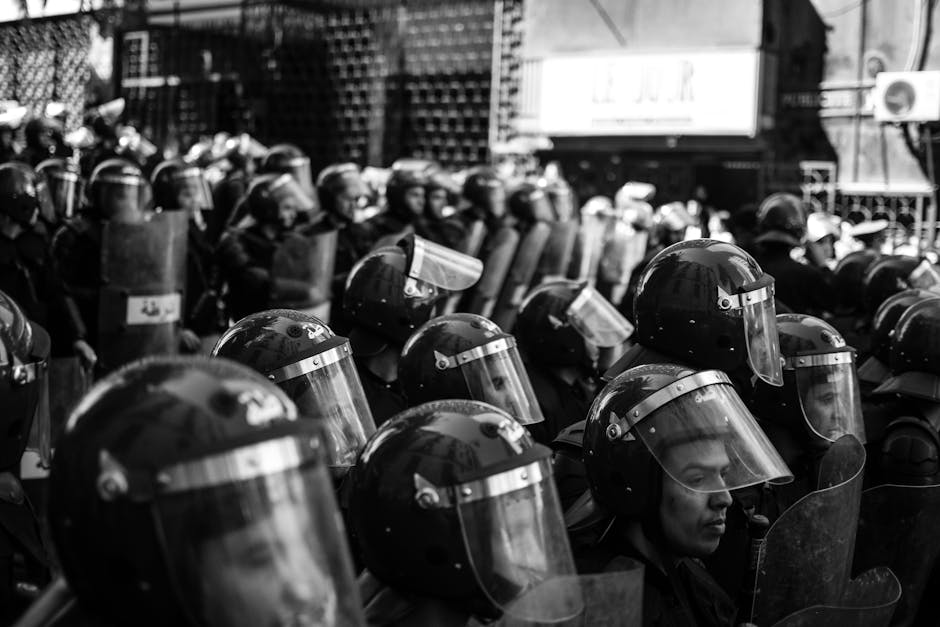The pursuit of freedom and the assurance of security are fundamental human desires, often pitted against one another in the complex landscape of law and legal issues. Determining the precise demarcation between these vital principles is a continuous struggle, demanding careful consideration of societal values, individual rights, and evolving threats. This article examines the intricate interplay between freedom and security, exploring the challenging questions that arise in various legal contexts.
The tension between these two fundamental values is not new. Throughout history, societies have wrestled with balancing individual liberties with the need for collective safety. Ancient Greek city-states, for example, grappled with the restrictions imposed on individual actions to maintain order and security, whilst simultaneously upholding a degree of personal autonomy. This eternal tension continues to shape legal frameworks worldwide.
A critical point in this debate is the definition of both “freedom” and “security”. Freedom, encompassing political, economic, and social liberties, is often understood as the absence of unwarranted constraints on individuals’ actions and choices. Conversely, security, often understood as the protection from harm, violence, or threats to societal well-being, requires some degree of limitation on freedom. However, the very act of defining these terms becomes problematic, for each society and context might have its own nuanced interpretation. This variation influences the specific legal approaches taken to balance them.
Several legal frameworks provide insight into this balancing act. International human rights law, for example, emphasizes fundamental freedoms, such as freedom of speech and assembly. At the same time, it acknowledges limitations, such as restrictions on speech that incites violence. This framework underscores the need for a proportional response to threats, ensuring that security measures are tailored to the specific risk and do not infringe on fundamental rights unnecessarily. Furthermore, it emphasizes the role of due process and accountability in upholding security measures.
Critically, the notion of security is itself contested. Measures perceived as essential for national security in one era might be seen as egregious violations of freedom in another. Consider, for example, surveillance programs implemented in the wake of significant terrorist events. While proponents argue that such programs are vital to prevent further attacks, critics contend that they undermine individual privacy and potentially lead to disproportionate restrictions on freedom. These debates highlight the difficulties in establishing a universally accepted standard for determining what constitutes a legitimate threat and a proportionally justified response.
Furthermore, the relationship between freedom and security manifests differently in various legal domains. In criminal justice systems, concerns about individual liberty clash with the need for public safety. The use of preventive detention, for instance, is a delicate balance between ensuring the safety of the community and safeguarding individuals’ right to freedom from arbitrary arrest. The legal interpretations surrounding such measures often depend on the specific context and the perceived severity of the threat.
Similarly, in matters of immigration and asylum, the interplay between freedom of movement and the need to protect national security is starkly evident. Governments must balance the desire to welcome those seeking refuge with the potential security risks associated with uncontrolled immigration. Again, the definition of “security” plays a crucial role in the justification of restrictive immigration policies. Often, arguments rely on the potential for radicalisation, crime, or the overloading of social services as justifications, necessitating meticulous scrutiny of these claims.
Another critical area of discussion is the role of technology in shaping the balance between freedom and security. Digital surveillance, data collection, and artificial intelligence-powered security systems raise novel challenges. While these technologies can enhance security, they also raise serious concerns about data privacy and the potential for abuse. Laws governing data collection and use must evolve to address these concerns, ensuring that the benefits of technology are balanced against the potential infringement of fundamental rights.
Ultimately, the line between freedom and security is not a fixed point, but rather a dynamic frontier. It shifts with changing societal values, technological advancements, and the perceived level of threat. The challenge lies in finding a framework that respects both fundamental freedoms and the imperative to ensure public safety. This framework must emphasize proportionality, transparency, and accountability in the implementation of security measures, ensuring that such measures do not disproportionately impinge on basic freedoms or rights. Further, meaningful dialogue and public engagement are essential for achieving a balanced approach. Only through an ongoing and critical examination of this dynamic interplay can we hope to construct a society that balances the pursuit of freedom with the need for security.
